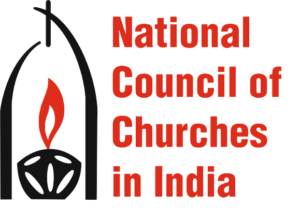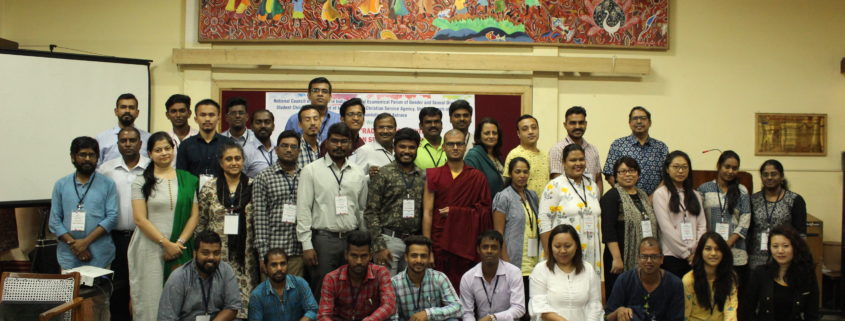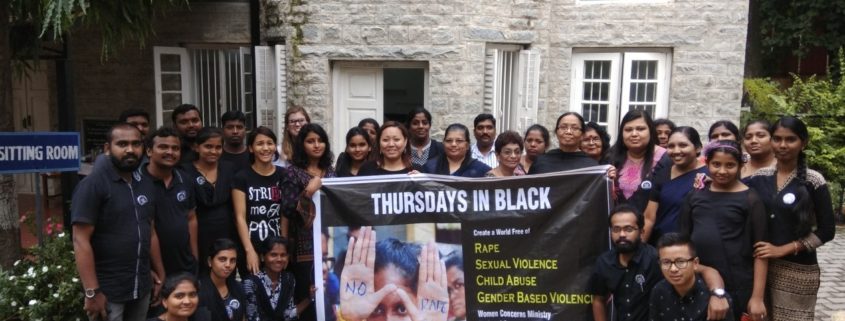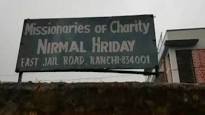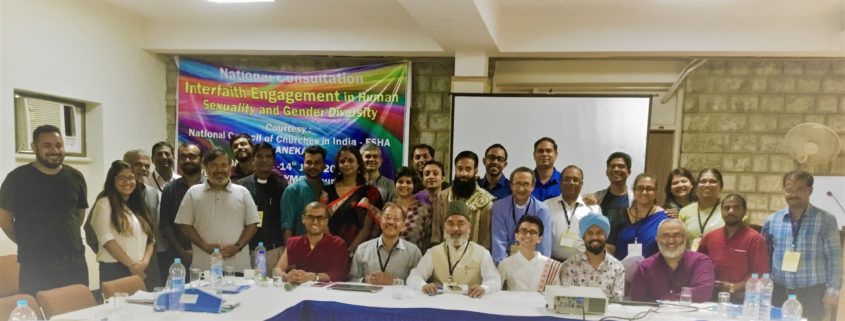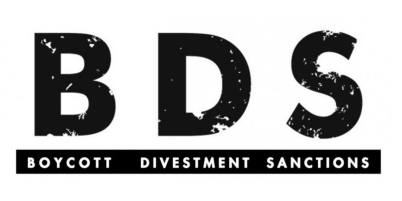An Epistle on Radical Inclusivity
“Philosophy of Radical Inclusion is to be inculcated among the Churches and in the Society”
says Mr. Liju Jacob Kuriakose, Vice President of the National Council of Churches in India

The NCCI – National Ecumenical Forum of Gender and Sexual Diversities joined the Student Christian Movement of India and Aneka, with the support of the United Church of Canada, in organizing a National Workshop on ‘Philosophy of Radical Inclusion from Faith and Human Sexuality Perspectives at SCM House, Bengaluru from 22 -24 August 2018. Sixty students of Theology and Philosophy from 20 Theological Seminaries, secular colleges and other academic institutions, mostly from the northern part of India, participated in this workshop.

Mr. Liju Jacob Kuriakose, the Vice President of the National Council of Churches in India inaugurated the workshop. In the inaugural address Liju applauded the various ministerial and programmatic interventions of the NCCI in order to realize its quadrennial theme ‘Towards Just and Inclusive Communities’. Further he said, inclusion is a Christian attitude and it should not be symbolic. If we read the life and work of Jesus during his earthly ministries, he expressed the real nature of God including every one especially the so-called discriminated and marginalized. So, it is the duty of Christians to express the attitude of inclusion in all our day to day life. He suggested a paradigm shift in our faith journeys by accepting every one as they are, not discriminating anyone on the basis of their birth and orientations.
Prof. Dr. Meera Baindur delivered the key note on Radical Inclusion. She started addressing Jesus as the Radical inclusivist who crossed the borders of the traditional religious interpretations of the scriptures and teachings in including everyone to be part of the reign of God. When we say we follow Jesus, we need to follow such ministerial expressions rather than simply paying lip-service to it. It is a mandate for all Christians and Churches to be ‘Radical’ in nature in terms of inculcating, promoting and practicing the culture of inclusivity in all walks of life. This will emancipate and challenge the rest of the society to practice inclusion. She challenged and invited all to be inclusive.

Prof. Dr. George Zachariah introduced “Rainbow Theology” to the participants. He elucidated the love of God in ‘conventional’ and ‘non-conventional’ ways. So we need to have a shift in our theological perceptions and articulations of moving from conventional to non-conventional.
Dr. Gladson Jathanna introduced ‘Theology of Body’, in which he emphasized the need to consider the body as the bottom line or source to articulate our theologies rather than working on and around abstract concepts . He also suggested that we should celebrate bodies since bodies carry the image and attributes of the creator God who is Just and Inclusive. So, no theology is full without dealing with bodies and its emotions.
Rev. Dr. Allan Samuel Palanna introduced ‘Moral Theology’. He explained how morality influences our theological and faith expressions. He identified several socio-psychological components and codes and how they influence our lives. He asserted that moral codes or commandments are not meant to impose punishment, discrimination, marginalization or isolation of any person, rather they are meant to facilitate smooth and harmonious social living. So, he suggested that moral codes should be used as tools to include all, not to discriminate or exclude.

There was an interface of the gender and sexually diverse communities. This interface helped the participants to minsterially and theologically understand the status of the Gender and Sexually Diverse Communities (GSDC) and their pathos, expectations and celebrations. The important question is “Who includes whom?” Indeed the GSDC say that it is the diverse communities who include the rest, and not the rest who include GSDC. When the so-called ‘straight’, ‘normal’ and the ‘hetero-normative sexual oriented’ use the term homophobia with regard to relating with homosexuals, it is they who have a phobia about homosexuals, and not homosexuals who are nurturing a phobia about hetero-sexuals; therefore should not the fear which the straight or normal people have be called their own phobia, i.e. is it not supposed to be heteronormative-phobia? This discussion has helped the students to realize who is phobic towards the homosexuals and they have come to an understanding that it is supposed to be ‘hetero-normative phobia’ and not homophobia.
In a session on ‘Homophobic Society’, Vikkram Subbrraman alias Delfina challenged the participants who the society is phobic towards the gender and sexually diverse communities. Further invited the participants to be more ‘humane’ rather mere religious. There was an emphasis to affirm our of love for all rather hate others.
In the session on homophobic law, Adv. Deepta Rao explained the legal struggle of the gender and sexually diverse communities. She also suggested let religious institutions be silent rather affirming hatred over these communities. At this silence will help them to have a better life in the society.
There were two interfaith panels that explained how the other faiths including Classical Hinduism, Buddhism, Islam, Sikhism and also Christianity affirm homophobia by using their moral codes of law. As the representatives and advocates of the gender and sexually diverse communities Ankit Bhuptani, Romal Singh, Sukhdeep Singh, Muhammad Afeef and Tashi Choedup served as panellists.
Rev. R. Christopher Rajkumar, Director, NCCI – National Ecumenical Forum of Gender and Sexual Diversities (NCCI – NEFGSD) facilitated a workshop on ‘Radical Inclusivity’. Mr. Inbaraj Jeyakumar, General Secretary, Student Christian Movement of India and Mrs. Anshi Zachariah, Executive Director of Aneka, also facilitated workshops on the theme and both were part of the organizing team.
At the conclusion of the workshop, the participants stated that their perceptions were changed. All of them pledged to be inclusive and promote inclusion though their future ministries. The participants also have decided to send an EPISTLE to the Indian Christians and the Churches to invite them also to be inclusive. The participants request and invite all to be part of the campaign by sharing this (Click to Download) Epistle on Radical Inclusivity to realize the ‘Just and inclusive societies.
Reported by:
Rev. R. Christopher Rajkumar
Director, NCCI – NEFGSD and
Executive Secretary, NCCI – Unity and Mission
